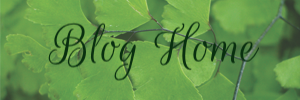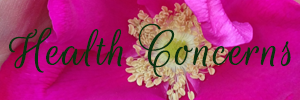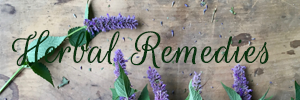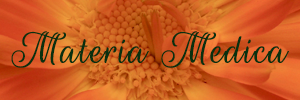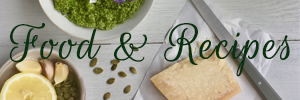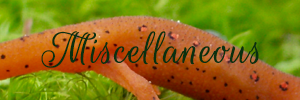Urinary leakage, incontinence, overactive bladder, and pelvic floor tone loss are among the many problems that affect more people than you realize because most people don’t talk about it. In fact, it’s incredibly common — amongst peri/post menopausal folks, estrogen loss, masculine gender affirmation or transformation (due to reduced estrogen), in aging, with BPH and other prostate problems, in younger folks, after giving birth, athletes, people with connective tissue weirdness (like Ehlers-Dahnlos Syndrome, hyper-mobility). It can be annoying, embarassing, and life-altering, especially if it interferes with or prevents your ability to enjoy life or, in elders on the verge of needing elder care, live independently.
Many people simply deal with it in silence, heading to the bathroom more often, slapping on a pad or adult diaper. But we have natural options including pelvic floor physical therapy (which alone can be amazing) and natural remedies.
I’ve been wanting to address this topic for at least a few years, especially as I resumed clinical practice and began asking — and realizing — how common this is, and in my own journey from someone who always needed to pee a lot (hyperdiuretic?), which got ridiculous after I went through menopause. Just ask my poor husband who had to keep jumping off busses on our attempt to get from point A to B in New Orleans (thank heavens I have the privilege of being able to walk with confidence into hotels and restaurants to seek out their bathrooms, and beg small businesses in the middle of nowhere to let me use theirs), and road trips dotted by a bazillion rest stops. Good news: It can get (much) better! Which I and my clients have happily discovered.
I’m grateful to the editors of Taste for Life magazine who let me cover this topic and then posted it online so I could share it with you! I’m also grateful to herbalist and pelvic floor PT Susan Ramsey in Maine for her willingness to be interviewed and share her wisdom and second set of eyes for this article.
Clinical herbalist Maria Noël Groves sees clients and teaches classes at Wintergreen Botanicals Herbal Clinic & Education Center in New Hampshire.
The statements made on this blog have not been evaluated by the FDA and are not intended to diagnose, prescribe, recommend, treat, cure, or offer medical advice. Please see your health care practitioner for help regarding choices and to avoid herb-drug interactions.
Photo of pumpkin/pepita seeds by CHUTTERSNAP on Unsplash


